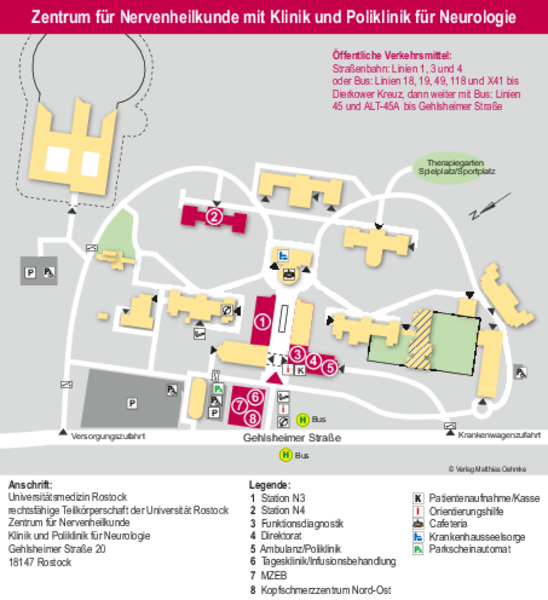
WEIGHT: 53 kg
Bust: 3
1 HOUR:80$
NIGHT: +40$
Services: Sex oral without condom, Uniforms, Striptease, Fisting vaginal, Humiliation (giving)
Metrics details. Antimicrobial resistance remains a global challenge. In Germany, the national health agenda supports measures that enhance the appropriate, guideline-oriented use of antibiotics. Embedded in a cluster-randomized trial of a multifaceted implementation program, a process evaluation focused on the uptake of program components to assess the fidelity of the implementation program in the CHANGE-3 study and to understand utilization of its educational components. A mix of qualitative and quantitative methods was used.
Semi-structured telephone interviews were conducted with General Practitioners, Medical Assistants, patients treated for respiratory tract infection and outreach visitors who had carried out individual outreach visits. Qualitative data were analyzed using thematic framework analysis.

Descriptive statistics were used to analyze survey data. Uptake of intervention components was heterogenous. A one-time outreach visit provided thematic information and feedback regarding actual prescribing, but due to time constraints were received with reluctance by practice teams.
Patients were largely unaware of program components, but assumed that information and education could promote health literacy regarding antibiotics use. The process evaluation contributed to understanding the applicability of the delivered educational components with regards to the appropriate use of antibiotics. Future research efforts need to identify the best mode of delivery to reach the targeted population. Registered 13 July — Retrospectively registered. Peer Review reports. Antimicrobial resistance remains a topic on the global health agenda as even after decades of scientific research and improvement programs on the appropriate and guideline-oriented use of antibiotics, there still is ample room for improvement [ 1 ].

In Germany, the national agenda has reinforced policies to restrain antibiotics prescribing [ 2 ]. Such prescribing patterns can be based on a deceptive safety culture and a misinterpretation of patient expectations [ 5 , 6 ]. The appropriate use of antibiotics has been the topic of health services research in recent years, which has contributed to a growing evidence base regarding effects of educational interventions for physicians.




































